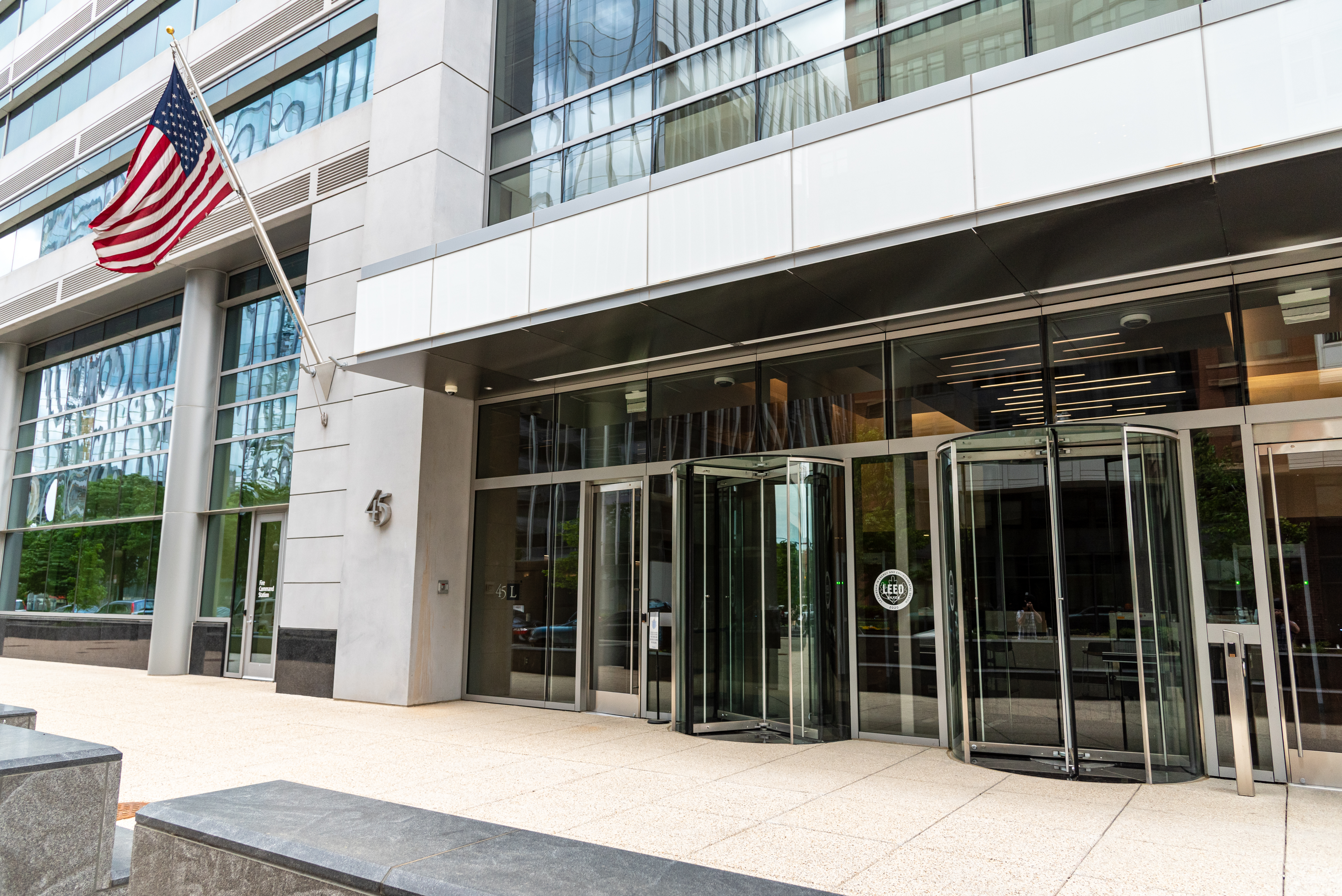Major Broadcasters File Lawsuit Against Locast
NEW YORK—The free streaming platform Locast, which has argued that its operation as a non-profit allows it to provide its customers with local station broadcasts without paying a copyright fee or getting permission from broadcasters, is being challenged on that claim. Major broadcasters ABC, CBS, Fox and NBC are serving as plaintiffs in a copyright lawsuit filed Wednesday, July 31, against Locast, specifically the streaming services founder David R. Goodfriend and the Sports Fan Coalition.

Since its founding in 2018, Locast has reportedly acquired tens of thousands of subscribers and is being offered in 13 cities and to 35 million households, representing 31% of the U.S. market. The basis of Locast’s premise of offering retransmissions of broadcast stations at no cost is from the 1976 Copyright Act, which in part was adopted to support non-profit services.
However, through its lawsuit, the broadcasters are arguing that providers must have a license to retransmit copyrighted television programming. Locast does not and therefore its retransmission of content violates their public performance rights, the lawsuit claims.
“Locast is nothing like the local booster services contemplated by Congress in creating this narrow exemption,” the lawsuit reads. “Locast is not a public service devoted to viewers whose reception is affected by tall buildings. Nor is Locast acting for the benefit of consumers who, according to Locast when promoting its purportedly free service, ‘pay too much.’ Locast is not the Robin Hood of television; instead, Locast’s founding, funding and operations reveal its decidedly commercial purposes.”
“Nor is Locast in any respect limited to enhancing the local reception of over-the-air broadcast signals,” the complaint continues. “Defendants’ Locast service allows registered users to access plaintiffs’ copyrighted programming via internet-connected devices, including television sets, laptops, smartphones and tablets. Defendants streams plaintiffs’ programming over the internet 24 hours a day, every day, without authorization, potentially to anyone in the world with an internet connection. And unlike legitimate booster and translator stations, Locast does not have the permission to broadcast stations it retransmits, in New York or anywhere else.”
In comments reported by The Hollywood Reporter, Gerson Zweifach, a partner of Williams & Connelly, which is representing the plaintiffs, compared Locast to Aereo, the service that allowed for live viewing of OTA television on internet-connected devices that was struck down by the Supreme Court in 2014. “Locast is simply Aereo 2.0, a business built illegally on using broadcaster content,” Zweifach said in a statement obtained by The Hollywood Reporter.
In recent months, Locast received a $500,000 investment from AT&T while it has also been expanding into additional markets, including Los Angeles and San Francisco in June.
Get the TV Tech Newsletter
The professional video industry's #1 source for news, trends and product and tech information. Sign up below.
The NAB came out in support of the lawsuit, releasing a statement credited to NAB Executive Vice President of Communications Dennis Wharton that reads: “NAB wholeheartedly backs today’s lawsuit against Locast. This firm is thinly disguised as a not-for-profit entity that mirrors failed predecessors Aereo and FilmOn in its bid to legitimize the theft of local TV broadcast signals.”
David Hosp, Locast's outside counsel, released the following statement:
"Locast is an independent, non-profit organization that provides a public service retransmitting free over-the-air broadcasts. Its activities are expressly permitted under the Copyright Act. The fact that no broadcasters have previously filed suit for more than a year and a half suggests that they recognize this. We look forward to defending our claims—and the public's right to receive transmissions broadcast over the airwaves—in the litigation."
The lawsuit was filed in the U.S. District Court of the Southern District of New York.
